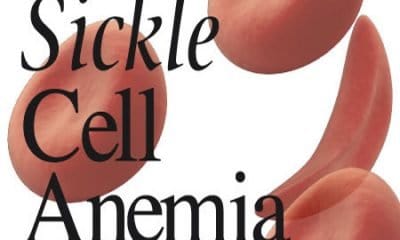Lifestyle
Federal Government says no to water for infants, advocates exclusive breastfeeding


The Federal Ministry of Health has advised mothers to focus on exclusive breastfeeding and stop giving water to babies under the age of six months.
The Head of Nutrition, Family Health Department, Federal Ministry of Health, Dr. Chris Isokpunwu, said this in Abuja on Monday during a high-level consultative meeting with states on accelerating nutrition result in Nigeria.
Isokpunwu who pointed out that statistics showed that at least 46 per cent of mothers were giving their babies breast milk and water, said this was wrong because it made the children susceptible to diseases, adding that breast milk already contained water.
He said, “Babies below the age of six months should be exclusively on breast milk. About 46 per cent of mothers give water to their babies along with breast milk. This is wrong and it must be stopped. It increases the risks of babies having diarrhea and pneumonia.”
READ ALSO: NCC approves Etisalat Nigeria new name
Also speaking, the Minister of Health, Prof. Isaac Adewole, who was represented by the Director of Family Health Department at the ministry, Dr. Adebimpe Adebiyi, said Nigeria had the second highest rate of malnutrition in the world as nearly 1,500 children in Nigeria die daily of malnutrition.
He further said “Similarly, about 7.2 per cent are wasted, that is acutely malnourished and 18.6 per cent are underweight. It is also a well-established fact that, as an underlying cause of death, malnutrition accounts for more than 50 per cent of deaths of children under the age of five in Nigeria.
“Every day, Nigeria loses about 2,300 children under-five year of age and malnutrition accounts for more than half of these deaths. It is therefore obvious that we cannot seriously think about reducing deaths of children under the age of five without addressing malnutrition.”
Adewole said analysis by the Micronutrient Initiative showed that unless Nigeria took effective action to prevent and control Vitamin A Deficiency, over 80,000 Nigerian children would die annually.










